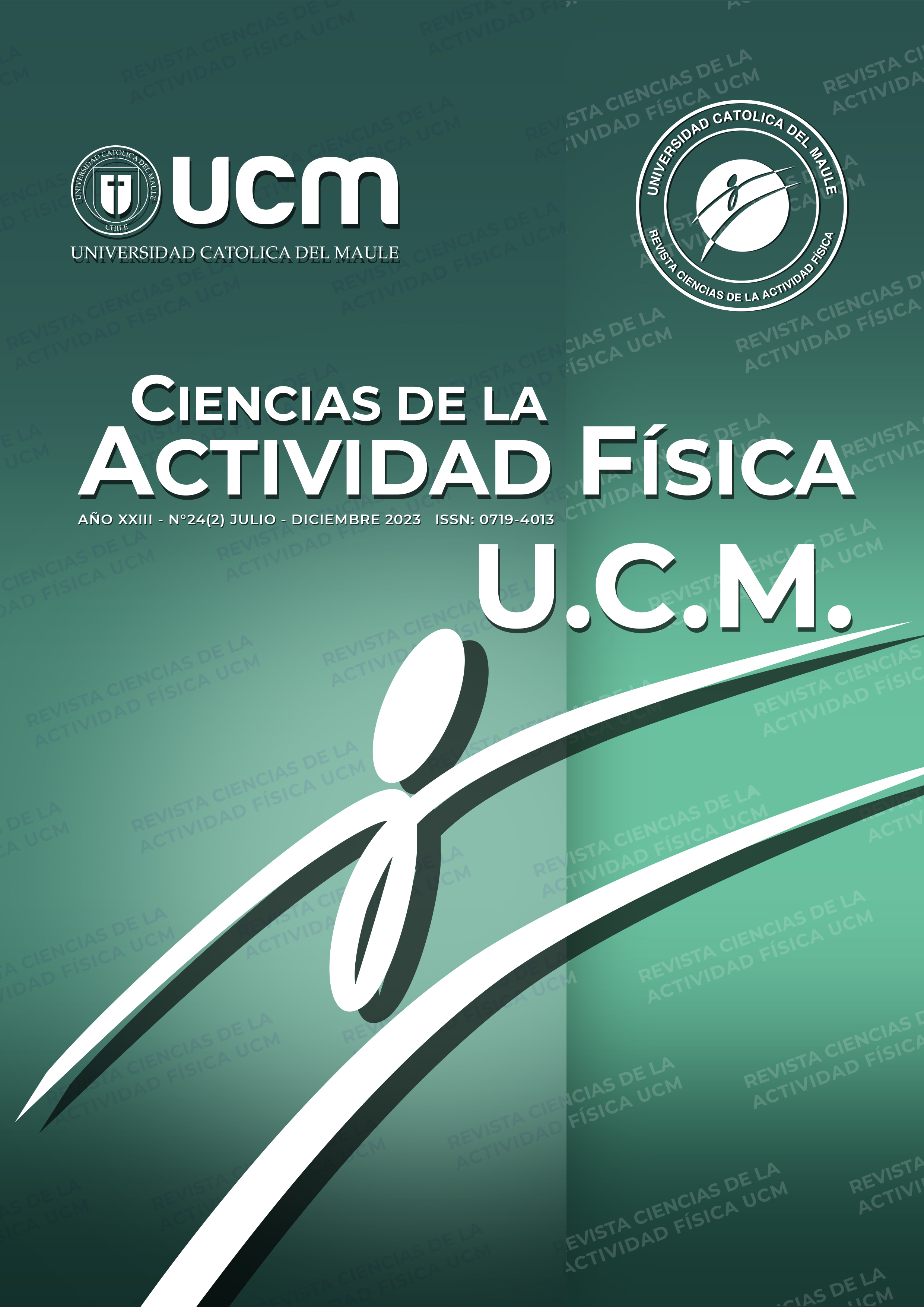El deporte paralímpico en Chile Resultados históricos de las participaciones en los Juegos Paralímpicos de Invierno y Verano
##plugins.themes.bootstrap3.article.main##
Resumen
Esta investigación tuvo como objetivo relatar la evolución del movimiento paralímpico y su vínculo con el escenario político nacional e internacional. Los Juegos Paralímpicos de Verano hicieron su debut en 1960, mientras que Chile participó por primera vez en 1992. Por otro lado, los Juegos Paralímpicos de Invierno comenzaron en 1976, y la primera participación chilena en este evento se produjo en 2002. Para el desarrollo del estudio se utilizó un análisis documental, donde se analizaron las convocatorias oficiales de las delegaciones chilenas, junto con las planillas de resultados generales obtenidos en los Juegos Paralímpicos, se extrajo de los documentos: el número de atletas participantes de ambos sexos y deportes, información que posteriormente fue agrupada en presencia o no de medallas y tipo de medalla obtenida y, a partir de aquello, se analizó por tipo de discapacidad y año de participación. A través de los años, Chile vivenció constantes procesos y cambios en los periodos de gestión, a esto se suma la promulgación de leyes, tanto nacionales como internacionales, junto con la constante ayuda recibida de distintas agrupaciones privadas y gubernamentales, resultando en un paulatino incremento de deportistas paralímpicos, situación que colaboró en gran medida con el desarrollo integral del movimiento paralímpico chileno hasta lo que es en la actualidad; este crecimiento facilitó resultados exitosos, como el obtenido en el año 2012 con la conquista de la primera medalla paralímpica de Chile, llegando a un total de siete medallas distribuidas en cuatro deportes en los Juegos Paralímpicos Tokio 2020, quedando situado en el ranking paralímpico en la cuadragésima quinta posición.


 https://orcid.org/0009-0007-1877-4353
https://orcid.org/0009-0007-1877-4353
